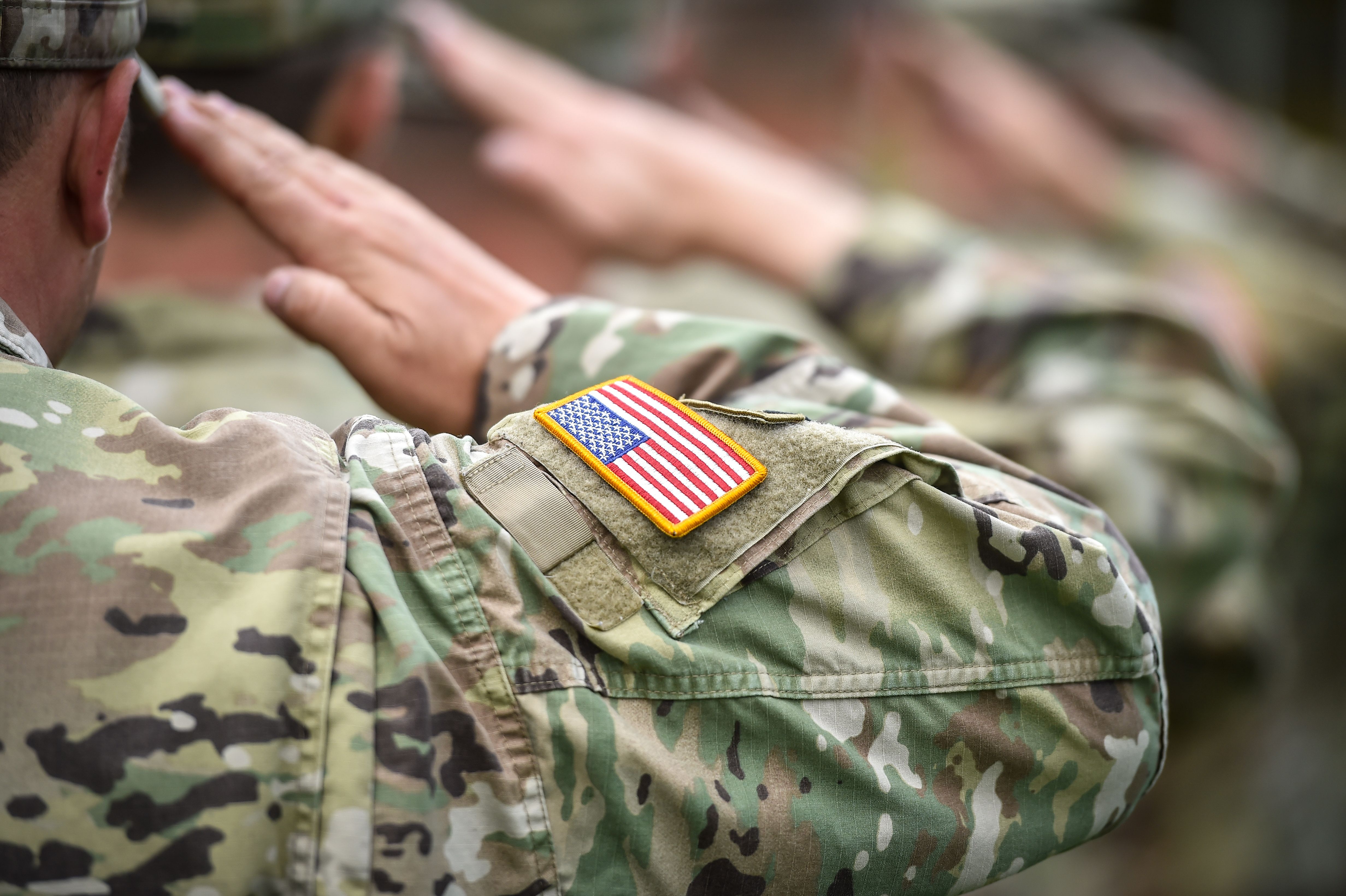- Center on Health Equity & Access
- Clinical
- Health Care Cost
- Health Care Delivery
- Insurance
- Policy
- Technology
- Value-Based Care
Patients With HIV Can Enlist in the Military, Federal Judge Rules
A federal judge determined that all people being actively treated for HIV can enlist in the military.
The last policy prohibiting people with HIV from enlisting in the military has been struck down by Leonie Brinkema, a federal judge from the U.S. District Court for the Eastern District of Virginia, according to NBC News.1 The ruling will now allow people who are being treated for HIV to enlist in the military, allowing asymptomatic patients to participate in the military.
This decision builds on an earlier decision2 from June 2022, wherein Brinkema ruled that patients with HIV could not be prevented from being deployed in active duty outside of the country or being commissioned as officers. The present decision will allow people already diagnosed with HIV prior to enlisting to be able to reenlist rather than being barred from participation.
“This is a victory not only for me but for other people living with HIV who want to serve,” plaintiff Isaiah Wilkins, said in a statement.3 “As I’ve said before, giving up on my dream to serve my country was never an option. I am eager to apply to enlist in the Army without the threat of a crippling discriminatory policy.”
The decision comes as HIV has become a more manageable condition. HIV can be prevented wholly through the use of pre-exposure prophylaxis (PrEP) and viral loads can be suppressed to the point of undetectability through the use of antiretroviral therapy (ART). With the use of these treatments, people living with HIV can go their whole life without infecting another person. This is a vast improvement on the treatment of HIV since discrimination against people living with HIV when it comes to employment was banned through a Supreme Court decision in 1998, a few short years after triple combination therapy was found to virally suppress advanced HIV.4
People living with HIV may now enlist in the military if they are being actively treated | Image credit: roibu - stock.adobe.com

With the improvements in managing HIV since the Supreme Court decision, Brinkema argued that the policies that prohibited people living with HIV from participating in the military were “irrational, arbitrary, and capricious.” She also argued that the policy to bar patients with HIV was continuing the stigma around people living with HIV.
With this ruling, it should be noted that people living with HIV, while overall far healthier than they were 30 years ago, are still at increased risk for various health conditions like heart disease. People living with HIV will also require that their treatment is provided, which can include a daily pill or even a monthly injection. Viral suppression in the United States was only achieved in approximately 65% of people living with HIV as of 2022.5 However, as this ruling only allows people who are virally suppressed to join the military, the poor nationwide adherence to ART will likely not be a long-term problem, as people living with HIV can receive their treatment through military pharmacies.
The decision may come as a relief to people living with HIV, as it expands their choices in employment and allows them to be among the volunteers who enlist in the military each year. The ruling is a win for all people living with HIV as it continues to eliminate the stigma surrounding people living with the disease and allows them to be more active members of the Department of Defense.
“We are pleased the court has eliminated the last discriminatory policy that barred people living with HIV from seeking enlistment or appointment to the military,” said Gregory Nevins, senior counsel and employment fairness project director for Lambda Legal, which filed the lawsuit.3 “Americans living with HIV no longer face categorical barriers to service careers—discharge, bans on commissioning, bans on deployment and finally bans on enlisting.”
References
- Sopelsa B, Ryan B. People with HIV cannot be categorically barred from joining the military. NBC News. August 21, 2024. Accessed August 22, 2024. https://www.nbcnews.com/nbc-out/out-news/judge-rules-hiv-positive-americans-cannot-banned-military-service-rcna167557
- AJMC Staff. What we’re reading: rectal cancer drug results released; military HIV policies updated; executive order on abortion rights. AJMC. June 9, 2022. Accessed August 22, 2024. https://www.ajmc.com/view/what-we-re-reading-rectal-cancer-drug-results-released-military-hiv-policies-updated-executive-order-on-abortion-rights
- Victory! Court strikes down last categorical disqualification to military service for those living with HIV. Lambda Legal. August 20, 2024. Accessed August 22, 2024. https://lambdalegal.org/newsroom/wilkins_us_20240820_victory-court-strikes-down-disqualification-to-military-service-for-those-with-hiv/
- Antiretroviral drug discovery and development. National Institute of Allergy and Infectious Diseases. Updated February 5, 2024. Accessed August 22, 2024. https://www.niaid.nih.gov/diseases-conditions/antiretroviral-drug-development
- U.S. Statistics. HIV.gov. Updated August 15, 2024. Accessed August 22, 2024. https://www.hiv.gov/hiv-basics/overview/data-and-trends/statistics
Elevating Equitable Health Care for the LGBTQ+ Community
June 18th 2024For the third episode in our special Pride Month series, we speak with Patrick McGovern, CEO of Callen-Lorde since August of 2023 and an outspoken advocate for HIV; lesbian, gay, bisexual, transgender, queer, plus (LGBTQ+); and community health.
Listen
Community Outreach Is Enabling CeSHHAR to Close HIV Care Gaps in Zimbabwe
April 6th 2021The Centre for Sexual Health and HIV/AIDS Research Zimbabwe conducts evidence-based research related to HIV and AIDS, as well as provides and implements sexual and reproductive health education and interventions among sex workers, children, and adolescents, and in the area of masculinity.
Listen
